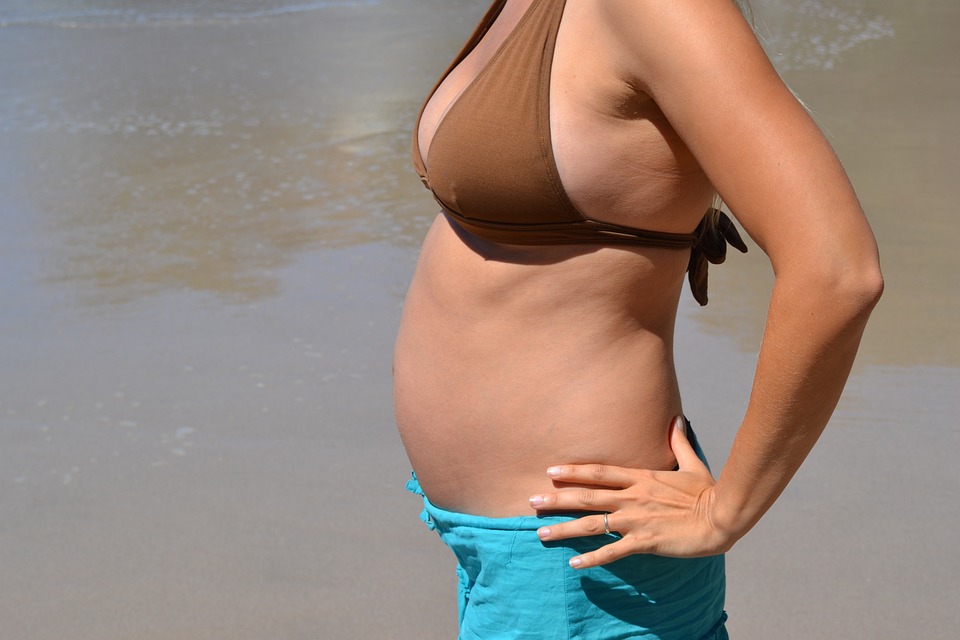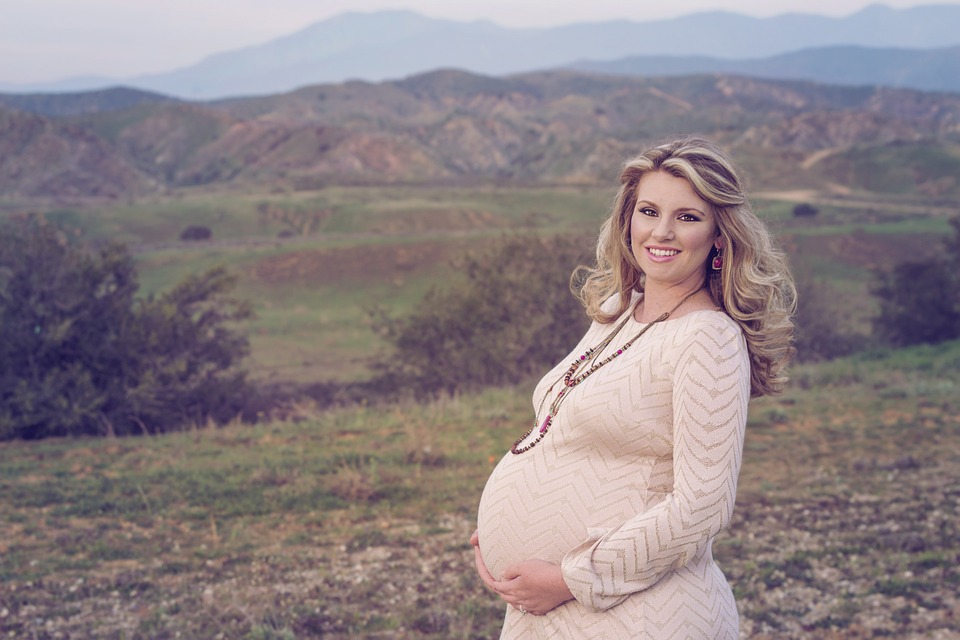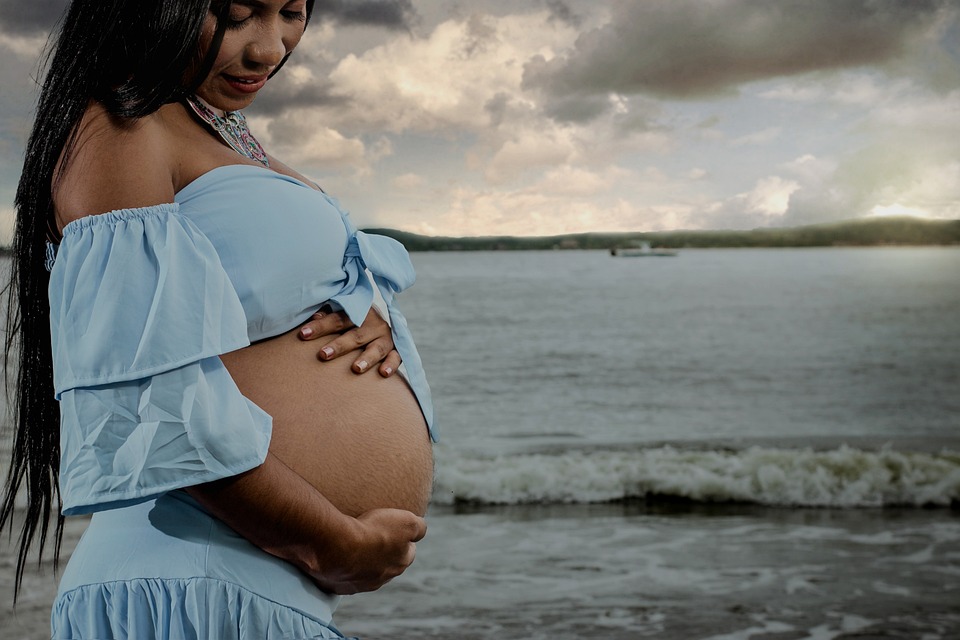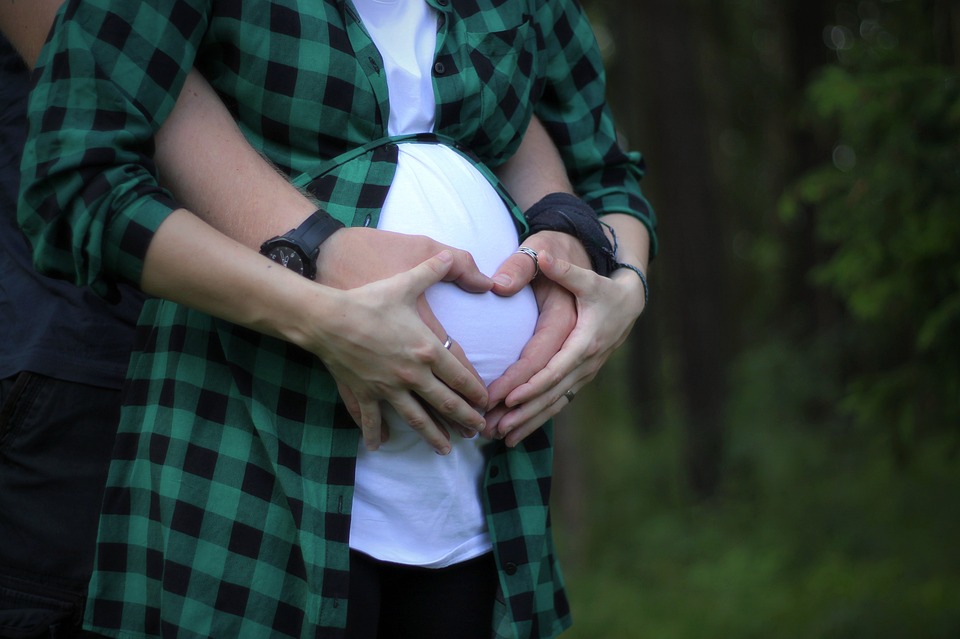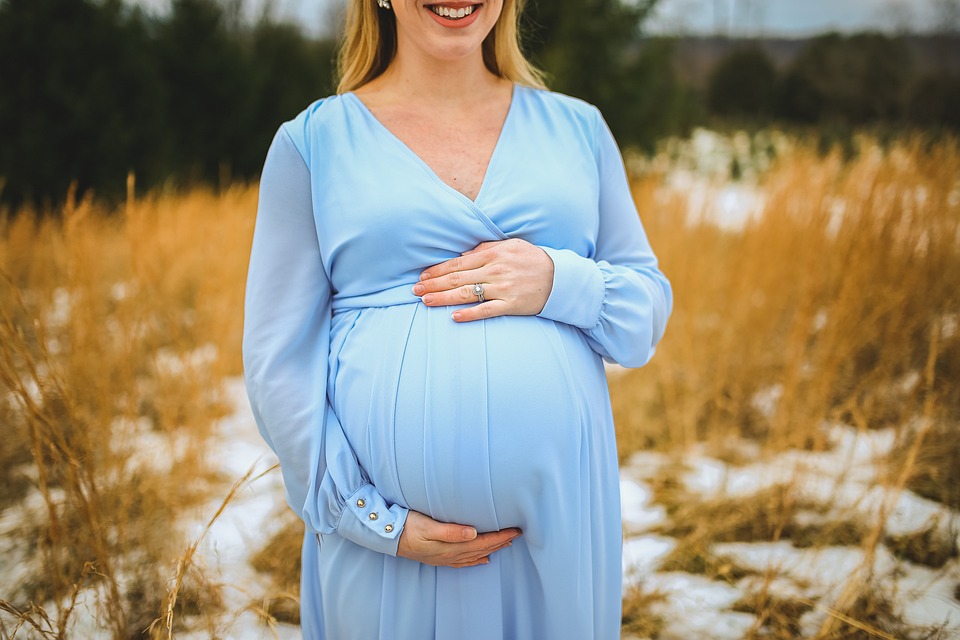
Pregnancy is a beautiful and miraculous time in a woman’s life, but it also comes with its own set of challenges. One of the most important aspects of a healthy pregnancy is ensuring that the mother-to-be is getting all the essential nutrients she needs to support both her own health and the development of her baby. Nourishing mom with the right nutrients is crucial for a healthy pregnancy and can have long-lasting effects on both the mother and the child.
During pregnancy, a woman’s body goes through numerous changes to support the growth and development of the fetus. This puts extra strain on the body and increases the demand for certain nutrients. A balanced and nutritious diet is essential to ensure that both the mother and baby are getting all the necessary vitamins and minerals to support a healthy pregnancy.
There are a number of essential nutrients that pregnant women need to focus on to ensure a healthy pregnancy. These nutrients play a crucial role in supporting the growth and development of the fetus and in maintaining the health of the mother. Some of the most important nutrients for pregnant women include folic acid, iron, calcium, vitamin D, and omega-3 fatty acids.
Folic acid is one of the most important nutrients for pregnant women, as it plays a crucial role in preventing birth defects and supporting the development of the baby’s brain and spinal cord. Pregnant women are advised to take a daily folic acid supplement, as well as to include foods rich in folic acid in their diet, such as leafy green vegetables, citrus fruits, and fortified grains.
Iron is another essential nutrient for pregnant women, as it helps to support the increased production of blood cells during pregnancy and prevent iron deficiency anemia. Iron-rich foods include lean meats, poultry, fish, lentils, and beans. Pregnant women are advised to consume more iron-rich foods and to take an iron supplement if necessary.
Calcium is essential for the development of the baby’s bones and teeth, as well as for the maintenance of the mother’s bone health. Pregnant women are advised to consume calcium-rich foods such as dairy products, leafy green vegetables, and fortified foods. Vitamin D is also important for the absorption of calcium and for supporting the baby’s bone development. Pregnant women should include sources of vitamin D in their diet, such as fatty fish, eggs, and fortified foods.
Omega-3 fatty acids are essential for the development of the baby’s brain and eyes, as well as for supporting the mother’s overall health. Pregnant women are advised to include sources of omega-3 fatty acids in their diet, such as fatty fish, nuts, and seeds, or to take a fish oil supplement.
In addition to these essential nutrients, pregnant women also need to ensure that they are getting enough protein, carbohydrates, and healthy fats to support the growth and development of the fetus. Protein is essential for the growth of the baby’s tissues and organs, while carbohydrates provide the energy needed to support the increased demands of pregnancy. Healthy fats are important for the development of the baby’s brain and nervous system, as well as for supporting the mother’s overall health.
In addition to a balanced diet, pregnant women are also advised to take a prenatal vitamin to ensure that they are getting all the necessary nutrients for a healthy pregnancy. Prenatal vitamins typically contain a combination of vitamins and minerals, including folic acid, iron, calcium, vitamin D, and omega-3 fatty acids. Pregnant women should speak to their healthcare provider about which prenatal vitamin is right for them and how to incorporate it into their daily routine.
While a healthy diet is essential for a healthy pregnancy, it is also important for pregnant women to avoid certain foods and substances that can be harmful to the fetus. Pregnant women should avoid raw or undercooked meats, fish, and eggs, as well as unpasteurized dairy products, to reduce the risk of foodborne illnesses. They should also avoid alcohol, tobacco, and recreational drugs, as these substances can have negative effects on the development of the baby.
In addition to a healthy diet, pregnant women are also advised to stay active and to get regular exercise to support their overall health and wellbeing during pregnancy. Exercise can help to reduce the risk of gestational diabetes, preeclampsia, and excessive weight gain during pregnancy. Pregnant women should talk to their healthcare provider about the types and amount of exercise that are safe for them during pregnancy.
In conclusion, nourishing mom with the essential nutrients for a healthy pregnancy is crucial for the health and wellbeing of both the mother and the baby. A balanced and nutritious diet that includes all the necessary vitamins and minerals is essential to support the growth and development of the fetus. Pregnant women should focus on consuming foods rich in folic acid, iron, calcium, vitamin D, and omega-3 fatty acids, as well as getting enough protein, carbohydrates, and healthy fats.
In addition to a healthy diet, pregnant women should also take a prenatal vitamin to ensure that they are getting all the necessary nutrients for a healthy pregnancy. Staying active and exercising regularly can also support the overall health and wellbeing of pregnant women. By nourishing mom with the right nutrients and following a healthy lifestyle during pregnancy, women can help ensure a healthy pregnancy and set the foundation for a lifetime of good health for both themselves and their babies.

